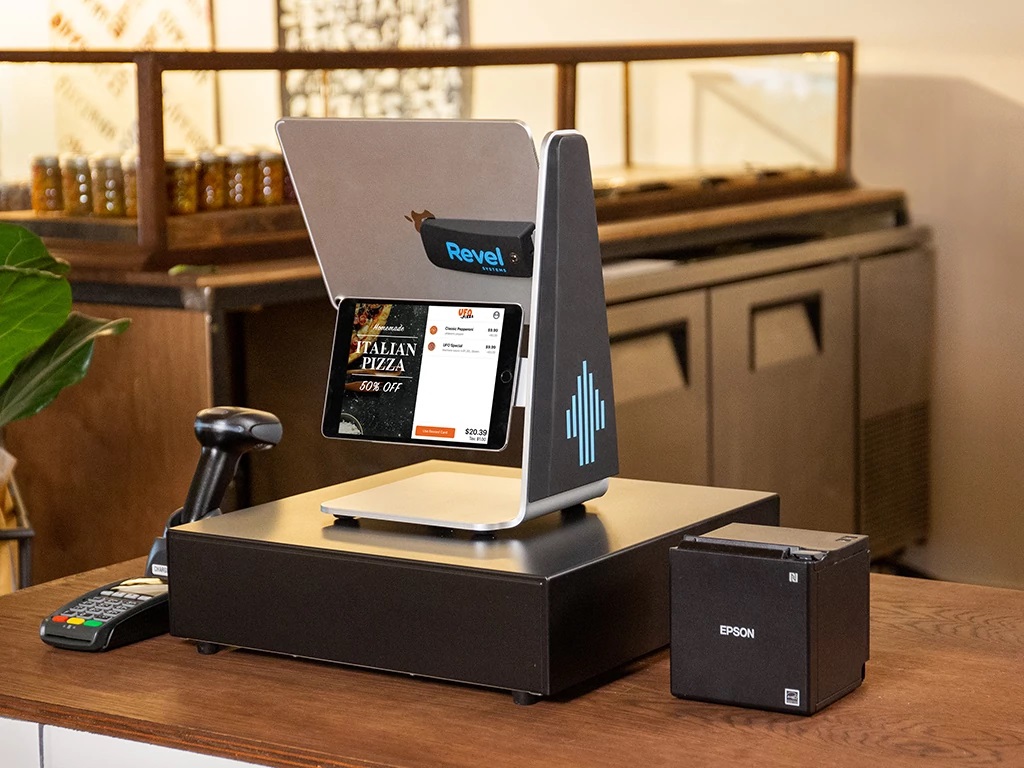Point of Sale Systems Demystified: Key Information You Should to Understand

Within today's fast-paced retail and hospitality industries, understanding the importance of a Point of Sale (POS) system is crucial for any business proprietor. A modern POS solution is much more than a tool that processes transactions; it acts as the core component for managing various elements of a business, from inventory to customer relationships. As technology evolves, POS solutions have evolved from basic cash counters into advanced cloud-based platforms that can significantly enhance operational efficiency and customer experience.
For those unfamiliar to the idea or seeking to improve, navigating the myriad options out there can be overwhelming. This comprehensive guide aims to demystify POS solutions, examining their development, characteristics, and benefits. Whether operate a restaurant, a retail outlet, or a small business, understanding how to choose the right system, integrate with other applications, and ensure security will empower you to make knowledgeable decisions that drive your business ahead. Join us as we delve into the essential elements of POS solutions and how they can transform your business processes.
Comprehending POS Systems
A POS solution is a combination of physical components and programs that enables businesses to complete sales deals smoothly. Traditionally, this meant managing cash registers, but modern POS systems currently encompass a wide range of functionalities that help with inventory management, customer relationship management, and sales reporting. Understanding what a POS system involves is essential for businesses looking to improve their operations and enhance customer service.
As tech has evolved, POS systems have transformed from traditional cash registers to robust, cloud-based systems. This shift has enabled businesses to access real-time data from anywhere, facilitating better decision-making and better customer interactions. With the introduction of mobile POS systems, businesses can also facilitate transactions in transit, integrating convenience into their service offerings. this link is especially advantageous in dynamic environments such as restaurants and retail stores, where customer preferences can change rapidly.

The increasing importance of safeguards in financial transactions cannot be overstated. Modern POS systems are designed with advanced security features to protect sensitive customer data and ensure adherence with industry regulations. From EMV chip technology that minimizes fraud risk to regular software updates that safeguard against cyber threats, it is essential for businesses to choose a POS system that prioritizes security. By understanding these factors, businesses can make informed decisions and implement systems that not only streamline operations but also enhance trust with their customers.
Selecting the Right POS Solution
Choosing the right POS system is crucial for the growth of your business. Initially, you need to evaluate your particular needs based on the nature of your operations, whether it's e-commerce. Take into account factors such as the level of transactions, client traffic, and categories of products or offerings you sell. A solution that aligns with your business requirements can streamline processes, boost efficiency, and eventually increase customer satisfaction.
Next, assess the functionalities and features that are extremely crucial for your business. Seek out systems that provide vital capabilities such as stock control, sales reporting, and client management integration. Additionally, verify that the system supports multiple payment options, including digital payments, to meet customer preferences. As technology evolves, emphasize systems that are not only intuitive but also scalable, enabling your business to expand without needing a total overhaul of your POS solution.
Finally, evaluate the assistance and guidance offered by the POS company. An efficient POS solution is one that comes with comprehensive customer assistance and training materials to help your team use it well. Investigate user feedback and ask potential providers about their assistance capabilities. An established company with a reputation of responsiveness can make a significant difference in how smoothly your solution operates and how quickly your team becomes adept in managing it.
Safety and Upkeep
Ensuring the safety of your POS system is vital for protecting confidential customer information and upholding your company reputation. Cyber risks are constantly evolving, and businesses must be proactive in safeguarding their infrastructure. This entails adopting robust safety measures such as full encryption, data tokenization, and multi-factor authentication . Regularly updating your software to resolve vulnerabilities and using security barriers can go a long way in keeping your data secure.
Upkeep of your POS platform is equally important to ensure peak performance. Routine inspections should include verifying hardware functionality, updating software, and safeguarding data to prevent loss in case of breakdown. A well-maintained POS system not only operates smoothly but also minimizes downtime, which can disrupt service and affect customer satisfaction. You might want to scheduling regular maintenance checks and keeping a checklist of essential tasks to ensure your system remains in optimal condition.
Training your staff on safety best practices is a crucial aspect of maintaining your POS platform. Employees should be aware of potential safety risks, such as scams or insider threats, and know how to react appropriately. Providing ongoing education and resources can empower your team to defend the platform proactively. Additionally, having a clear strategy in place for dealing with safety breaches, including communication protocols and response strategies, will ensure that your business is equipped to handle any issues that may arise.
